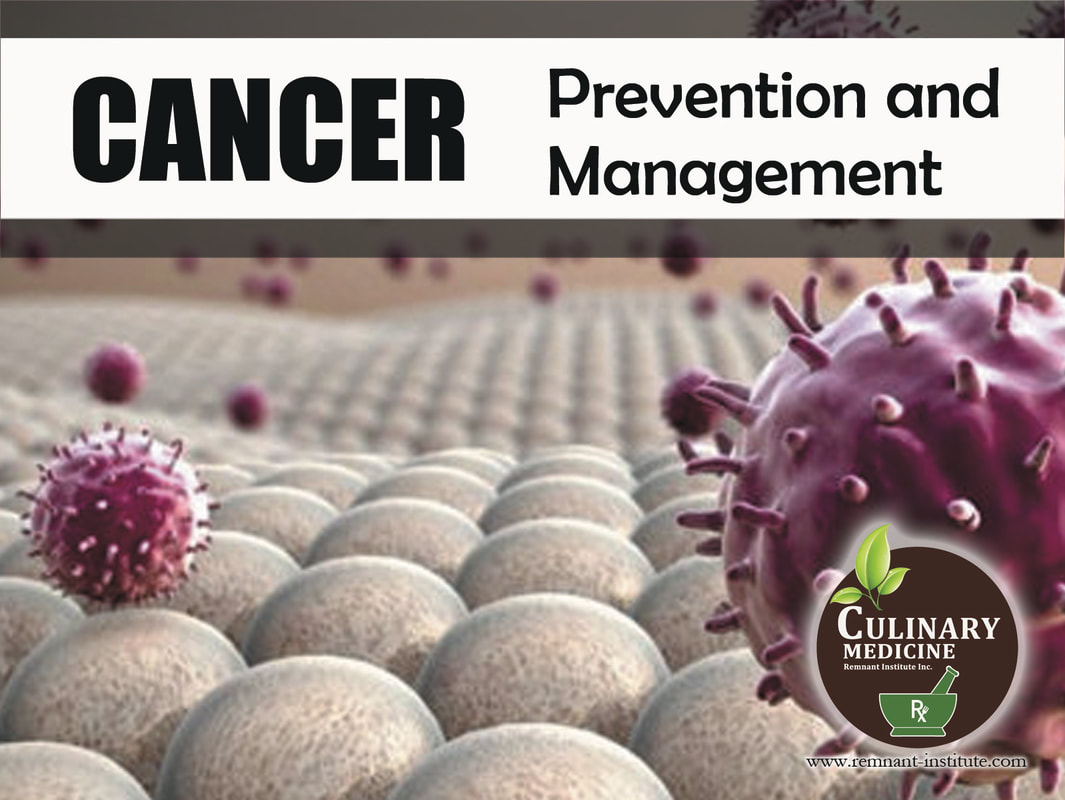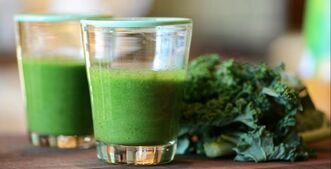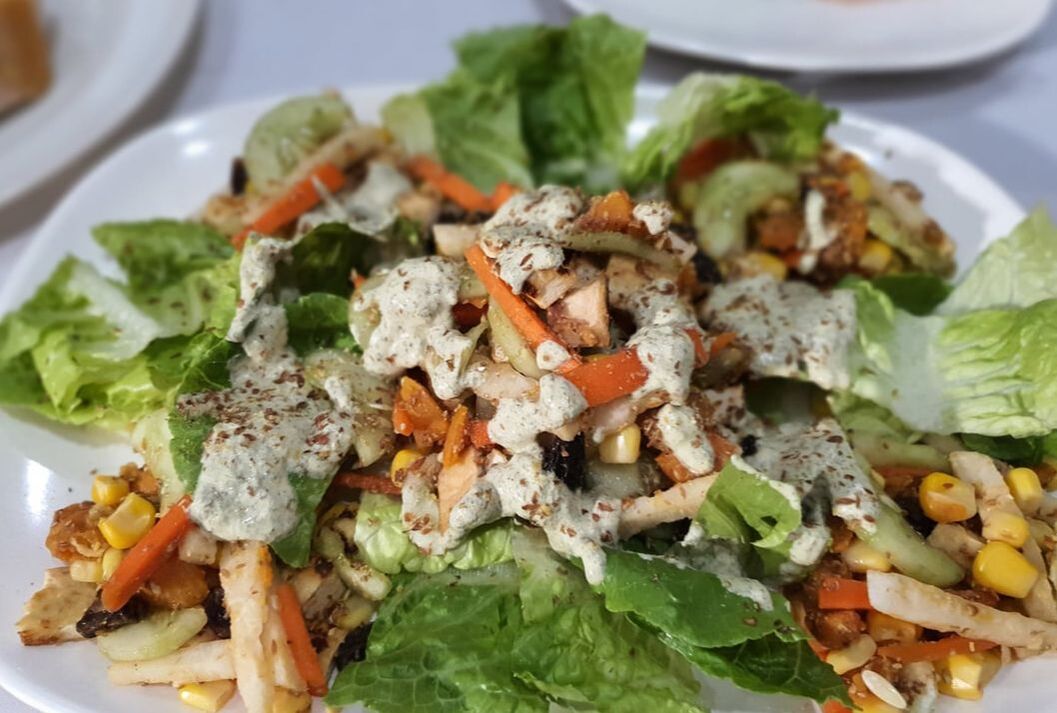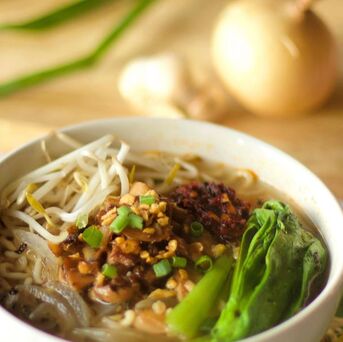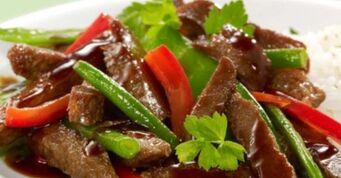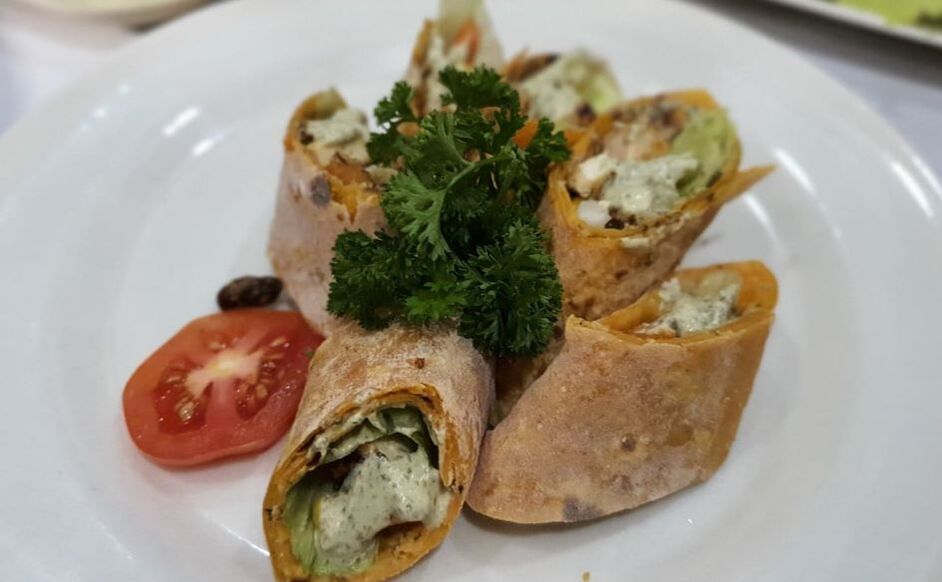Cancer Prevention & Management
UNIT 4 |
Cancer and its treatment can weaken your body’s immune system by affecting the blood cells that protect us against disease and germs. As a result, your body can’t fight infection and disease as well as a healthy person’s body can.
During your treatment for cancer, there will be times when your body won’t be able to defend itself very well. This is because you might not have enough infection-fighting white blood cells for a while. You may be told to try to avoid exposure to possible infection-causing germs. It's important to know that you can't raise your white blood cell counts by avoiding or eating certain kinds of foods. But here are some tips for handling, planning, and preparing food when your immune system is recovering:
During your treatment for cancer, there will be times when your body won’t be able to defend itself very well. This is because you might not have enough infection-fighting white blood cells for a while. You may be told to try to avoid exposure to possible infection-causing germs. It's important to know that you can't raise your white blood cell counts by avoiding or eating certain kinds of foods. But here are some tips for handling, planning, and preparing food when your immune system is recovering:
FOOD HANDLING TIPS
- Wash your hands with warm, soapy water for 20 seconds before and after preparing food and before eating.
- Refrigerate foods at or below 40° F.
- Keep hot foods hot (warmer than 140° F) and cold foods cold (cooler than 40° F).
- Thaw meat, fish, or poultry in the microwave or refrigerator in a dish to catch drips. Do not thaw at room temperature.
- Use defrosted foods right away, and do not refreeze them.
- Put perishable foods in the refrigerator within 2 hours of buying or preparing them. Egg dishes and cream- and mayonnaise-based foods should not be left unrefrigerated for more than an hour.
- Wash fruits and vegetables well under running water before peeling or cutting. Do not use soaps, detergents, chlorine bleach solutions, or commercial produce rinses. Using a clean vegetable scrubber, scrub produce that has a thick, rough skin or rind (melons, potatoes, bananas, etc.) or any produce that has dirt on it.
- Rinse leaves of leafy vegetables one at a time under running water.
- Rinse packaged salads, slaw mixes, and other prepared produce again under running water, even when marked pre-washed. Using a colander can make this easier.
- Do not eat raw vegetable sprouts.
- Throw away slimy or moldy fruits and vegetables.
- Do not buy produce that already has been cut at the grocery store (like melon or cabbage).
- Wash tops of canned foods with soap and water before opening.
- Use different utensils for stirring foods and tasting them while cooking. Do not taste the food (or allow others to taste it) with any utensil that will be put back into the food.
- Throw away eggs with cracked shells.
- Throw out foods that look or smell strange. Never taste them!
DO NOT CROSS CONTAMINATE
- Use a clean knife to cut different foods.
- In the refrigerator, store raw meat sealed and away from ready-to-eat food.
- Keep foods separated on the countertops. Use a different cutting board for raw meats.
- Clean counters and cutting boards with hot, soapy water, or you can use a fresh solution made of 1 part bleach and 10 parts water. Moist disinfecting wipes may be used if they’re made for use around food.
- When grilling, always use a clean plate for the cooked meat.
COOK FOOD WELL
- Put a meat thermometer into the middle of the thickest part of the food to test for doneness. Test a thermometer’s accuracy by putting it into boiling water. It should read 212° F.
- Cook meat until it’s no longer pink and the juices run clear. The only way to know for sure that meat has been cooked to the right temperature is to use a food thermometer. Meats should be cooked to 160° F and poultry to 180° F.
DINNING OUT
- Eat early to avoid crowds.
- Ask that food be prepared fresh in fast-food restaurants.
- Ask for single-serving condiment packages, and avoid self-serve bulk condiment containers.
- Do not eat from high-risk food sources, including salad bars, delicatessens, buffets and smorgasbords, potlucks, and sidewalk vendors.
- Do not eat raw fruits and vegetables when eating out.
- Ask for pasteurized fruit juices. Avoid “fresh-squeezed” juices in restaurants.
- Be sure that utensils are set on a napkin or clean tablecloth or placemat, rather than right on the table.
- If you want to keep your leftovers, ask for a container, and put the food in it yourself rather than having the server take your food to the kitchen to do this.
FOOD PREPARATION
You may access all the recipes in each categories below. Choose one recipe in each category and create 2 sets of meal course that you can recommend to patients with cancer. Some recipes have video instructions that you may also use as guide. Document your activity by taking photos of each recipe, starting from Mise en place up to the final presentation with brief description of your planned meal.
|
JUCE/BLENDS/DRINKS
Soursop Smoothie Bowl Soymilk Kale Blend Turmeric Brew |
|
RAW FOODS
Creamy Kale & Zucchini Pasta Rainbow Nourishing Bowl Tuna-less Tuna Salad Cashew Sour Cream |
|
SOUP
Bulalo Stew Simple Cabbage Soup Basic Vegetable Stock |
|
MAIN COURSE
Bulalo Stew Classic Veggie Curry Veggie Lo Mein Marinated Tofu |
|
MISCELLANEOUS
Turmeric Balls Granola Black Asian Sauce |
Unit Task
Please organize your documentation in a single file and send us the completed task using PDF format.
